
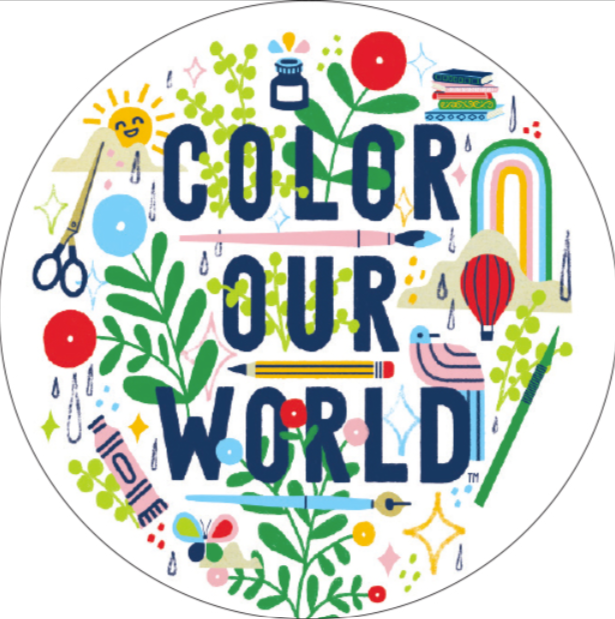
Dive into a world of creativity right in your neighborhood! Your public library is more than just books; it’s a vibrant hub for art and inspiration.
🌈 Explore a treasure trove of resources: from art books and DIY guides to workshops and community events.
🖌️ Discover local artists, attend inspiring exhibitions, and connect with fellow creatives.
Whether you're a seasoned artist or just looking to spark your imagination, your library has everything you need to ignite your creative journey!
Babies and young children learn about communication, language, storytelling, and letters long before they actually learn to read and write, and this is where early literacy comes in. Research on early literacy and child development indicates that it is never too early to start preparing children for reading success.
Children who have been read to from an early age have a larger vocabulary, acquire better language skills, and are more likely to want to learn to read than children who have not been read to. In addition, research has shown that children need to develop certain skills in order to fully benefit from the reading instruction they receive when they arrive at school. Library staff play a key role in helping young patrons develop those skills and in educating parents and other caregivers about their crucial role as their children’s first teachers.
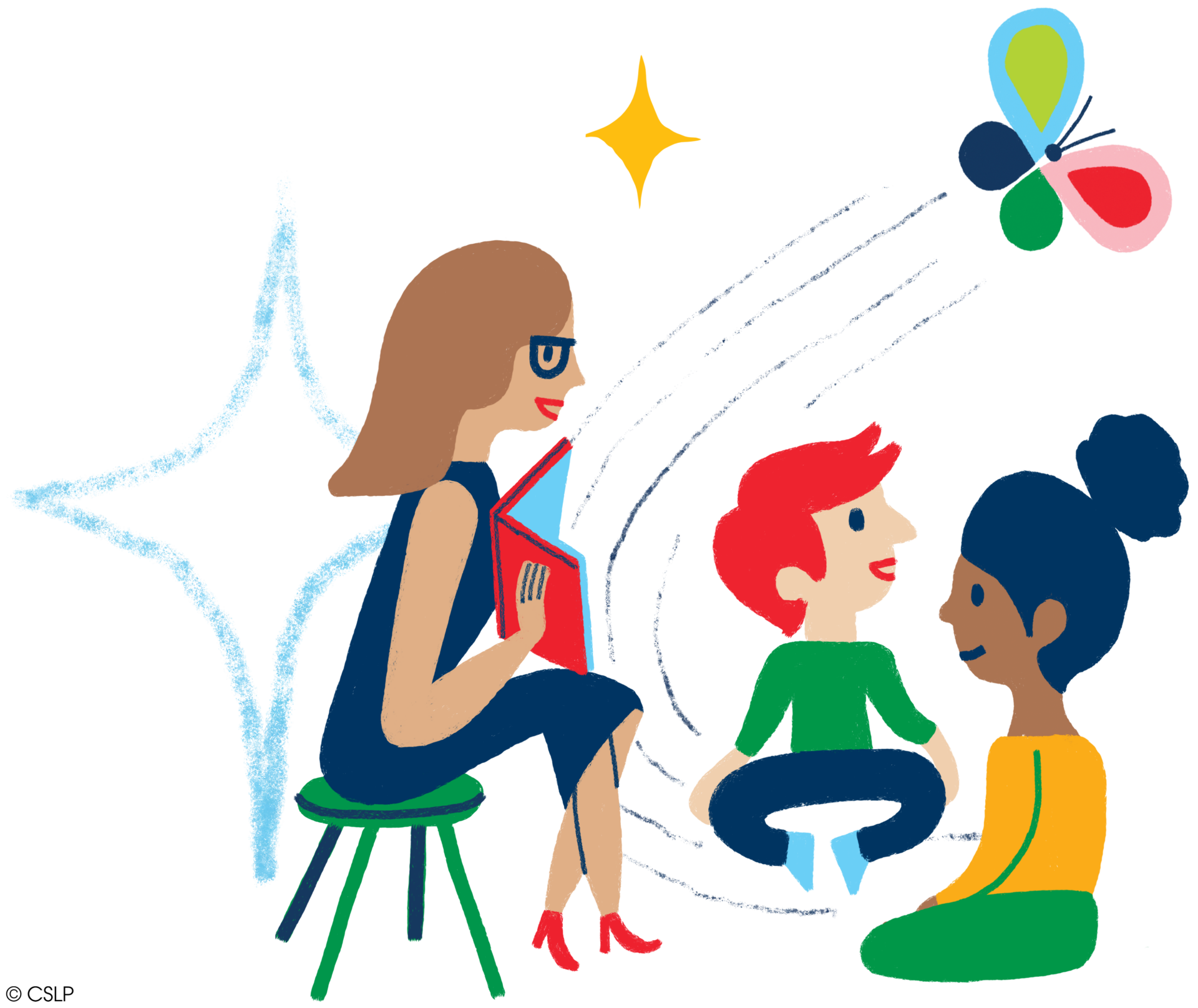
Children between the ages of three and eight are hands-on explorers who make personal, meaningful connections with books and story concepts when they are provided with opportunities to play with story themes.
Library events permit young children to touch, manipulate, create, and experiment. Participating in active library events or storytimes both pre-readers and beginning readers unique developmental needs can be met.
There is frequently a game element to the summer reading, allowing children to track their reading, advance on a game board, add a token to a bulletin board, track reading minutes online or put in an entry for a prize drawing.
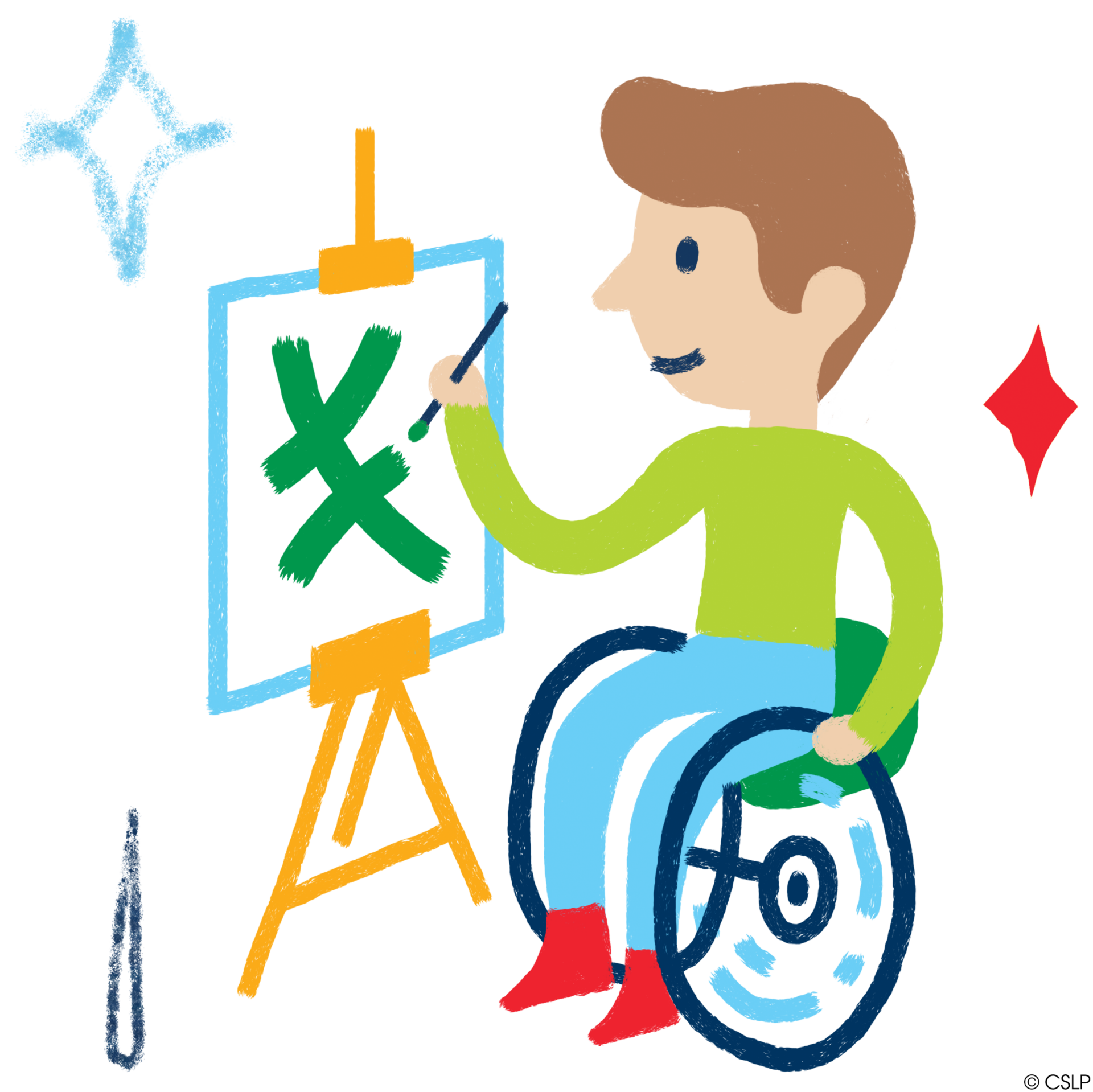
Many children stop using libraries when they enter adolescence, and enlisting teen volunteers to assist at the library over the summer is one way of keeping teens involved with books and libraries. But designing a summer program to meet teens’ interests is an even better way of keeping them involved in the library. Fortunately, the library can help teens fulfill their needs at this unique stage of life.
The library gives teens opportunities to assert their independence by providing library cards, educating them on how to use library resources independently, and offering them the opportunity to volunteer on projects for which they are responsible.
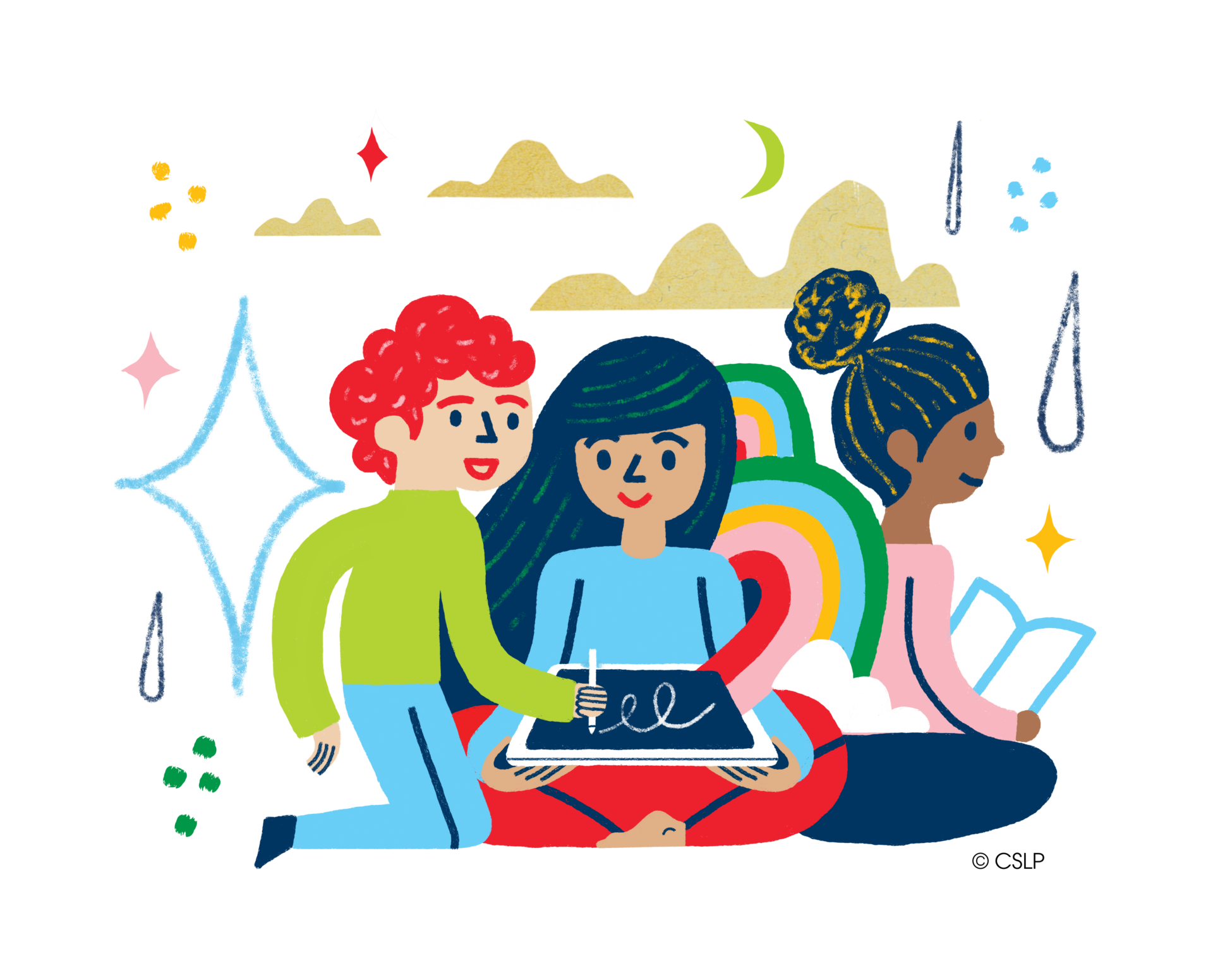
Adults look forward to summer as much as kids do. They can relax, take vacations, and catch up on reading, and that makes summer a great time to offer special library events for adults. Parents who are already coming to the library with their children or newly retired folks who have a little more leisure time, or even busy singles who just want to try something new are all able to participate in summer reading.
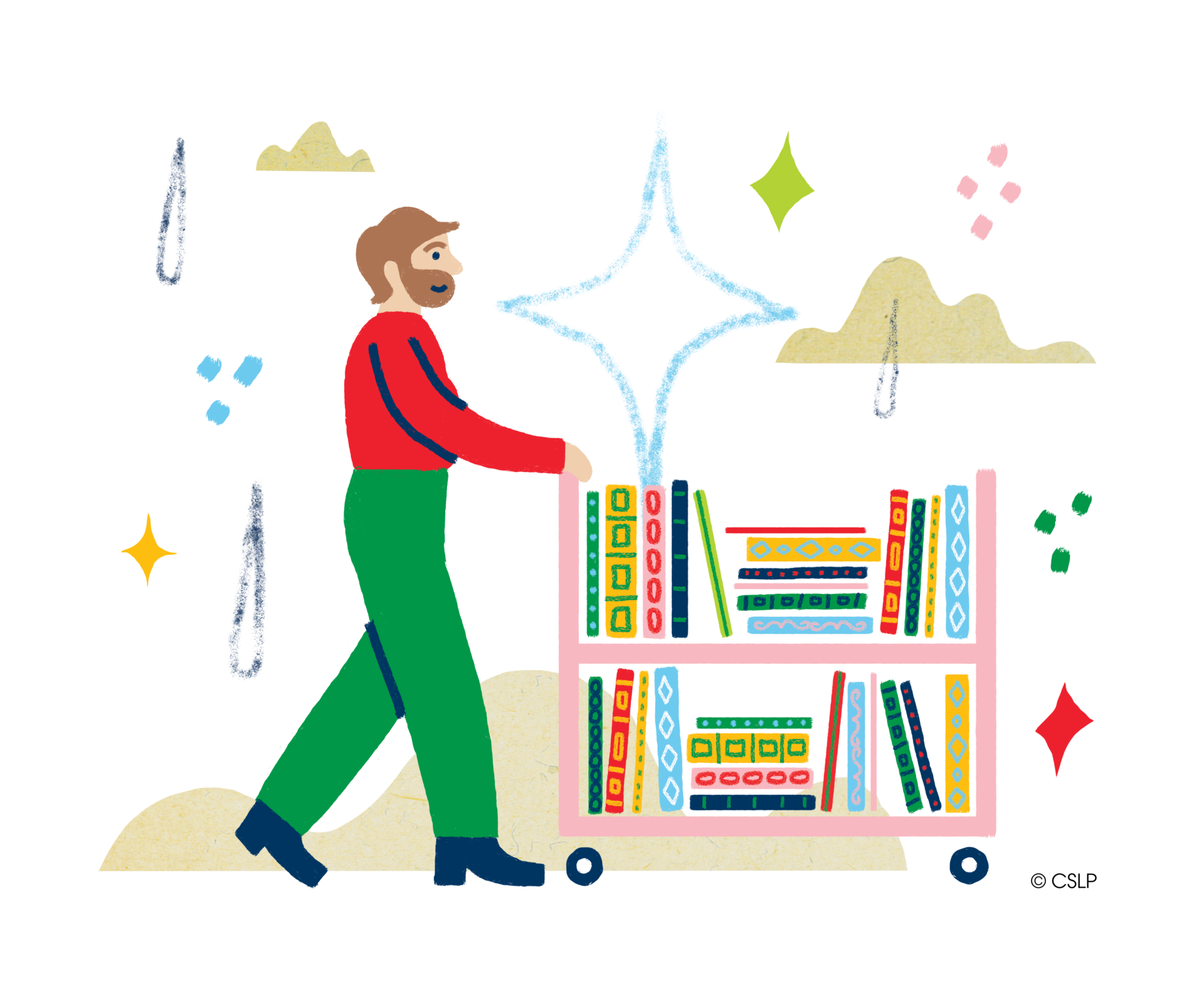
Many Arizona libraries are participating in an exciting new way to participate in summer reading online. This new approach gives participants a chance to engage with online literacy activities and rewards, such as educational games and badges, all while continuing to become better readers.
To learn more about your library's summer programs visit your local public library.